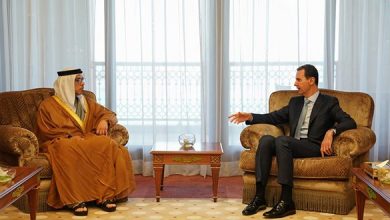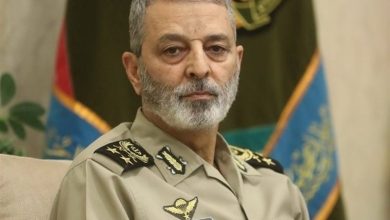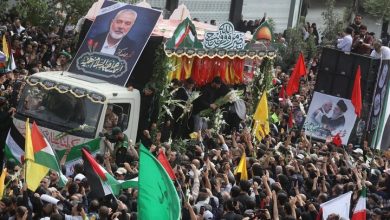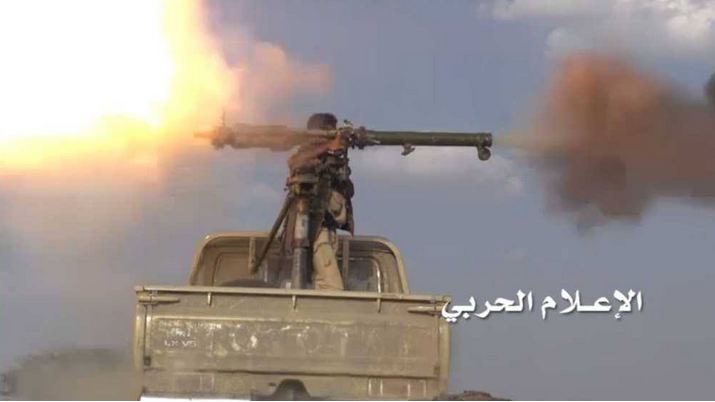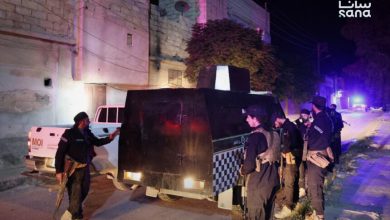Hezbollah and Hamas Leaders Discuss Preparedness of ‘Axis of Resistance’
In Beirut, the highest ranking figures of Palestinian and Lebanese resistance movements convened to talk about recent events in Palestine subsequent to the Israeli aggression at the al-Aqsa Mosque compound against worshippers.
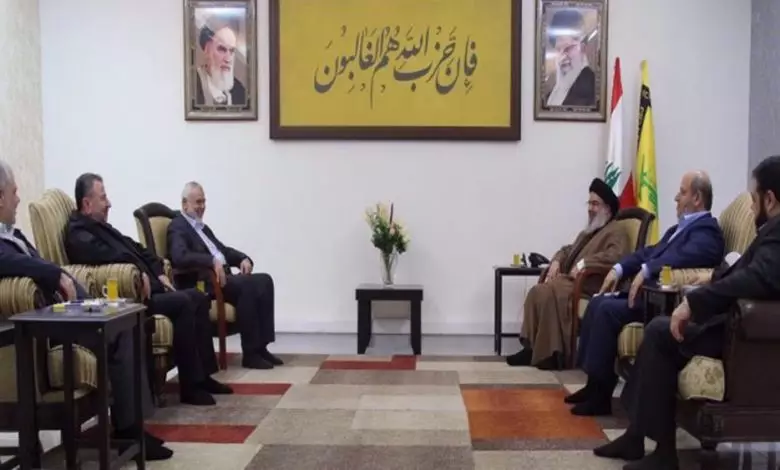
On Sunday, Ismail Haniyeh, the head of Hamas’ political bureau, met with Sayyed Hassan Nasrallah, the Secretary General of Hezbollah, and the two discussed the “readiness of the axis of resistance” as well as their collaboration following recent events.
Amid tensions in the occupied territories, a meeting was held following the Israeli regime’s violent attack on Palestinian worshipers who were observing Ramadan at al-Aqsa Mosque.
On Tuesday night, Israeli forces equipped with heavy weapons forcefully invaded al-Aqsa Mosque. Inside the Qibli prayer hall, where hundreds of men, women, elderly people and children were praying, tear gas and stun grenades were shot off. Additionally, some eyewitnesses reported that rubber-coated steel bullets were used.
Israeli forces used violent tactics such as batons and riot guns to attack worshippers, resulting in numerous injuries and the arrest of approximately 500 Palestinians.
In the videos taken inside the mosque, Israeli troops were seen using batons to strike people who were lying on the floor. The desperate pleas of women and children could be heard in the background.
Since the beginning of the holy month, the Israeli government has been enforcing severe limitations on the movement of Palestinians going in and out of the gates of al-Aqsa Mosque. Additionally, Israeli settlers have been carrying out frequent intrusions and provocative ceremonies at the holy site.
In response to the Israeli aggression, rockets were launched by resistance fighters in Gaza towards the occupied territories.
At least 30 rockets were allegedly fired from southern Lebanon into Israeli-occupied territories on Thursday in response to Israeli raids.
Israeli warplanes bombed Gaza and southern Lebanon, yet they refrained from expanding their attacks out of fear of causing a broader conflict.
